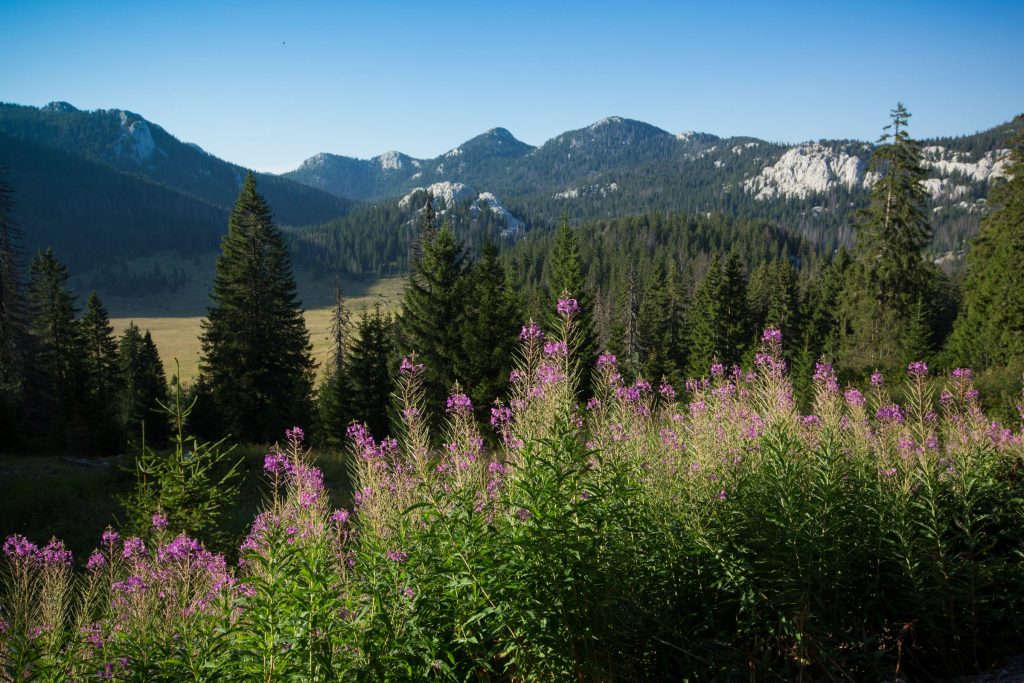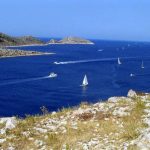World Wildlife Day was marked at Northern Velebit National Park last week, reports Novi list. Observed on March 3rd worldwide, Wildlife Day is the biggest annual event dedicated to wild animal and plant species. It was established in December 2013 at a UN conference; on the same day in 1973, the Convention on International Trade in Endangered Species of Wild Fauna and Flora was signed.
The theme of this year’s Wildlife Day was ‘Recovery of Species Crucial to Ecosystem Restoration’, designed to draw attention to the conservation status of some of the most endangered wildlife species and encourage discussions on how to design and implement solutions for their conservation in the future.
In Croatia, freshwater and marine ecosystems are some of the most sensitive, most endangered, but also the most important national resources. According to IUCN Red List data, over 8,400 species of wild fauna and flora are critically endangered at the moment, with another 30,000 species considered endangered or vulnerable.
Based on these estimates, more than a million species could be threatened with extinction, stated representatives of the national park, adding that the loss of biodiversity, species, habitats and ecosystems poses an existential threat to life on Earth.
People worldwide rely on healthy and functional ecosystems for services they provide for free. These services support our existence, fulfil some of our basic needs, dictate the quality of our lives and provide economic opportunities.
This year’s World Wildlife Day sent a strong message about the importance of healthy ecosystems and invites us to help reverse the fate of the most endangered species, support the restoration of their habitats and entire ecosystems, and promote their sustainable use by humanity.
The EU has prepared an ambitious and long-term plan, entitled Biodiversity Strategy until 2030, aiming to protect nature and stop the degradation of ecosystems, including freshwater and marine ones. The plan aims to convert a minimum of 25,000 kilometres of rivers into free-flowing rivers by 2030, primarily by removing redundant barriers and restoring floodplains and wetlands.
Restoring marine ecosystems back to a favourable state is somewhat more complex and requires the sustainable use of marine resources and strictly protected areas, the restoration of carbon-rich ecosystems, important hatcheries and habitats, and the implementation of measures to limit the use of fishing gear that’s harmful to biodiversity, says the message of Northern Velebit National Park.









